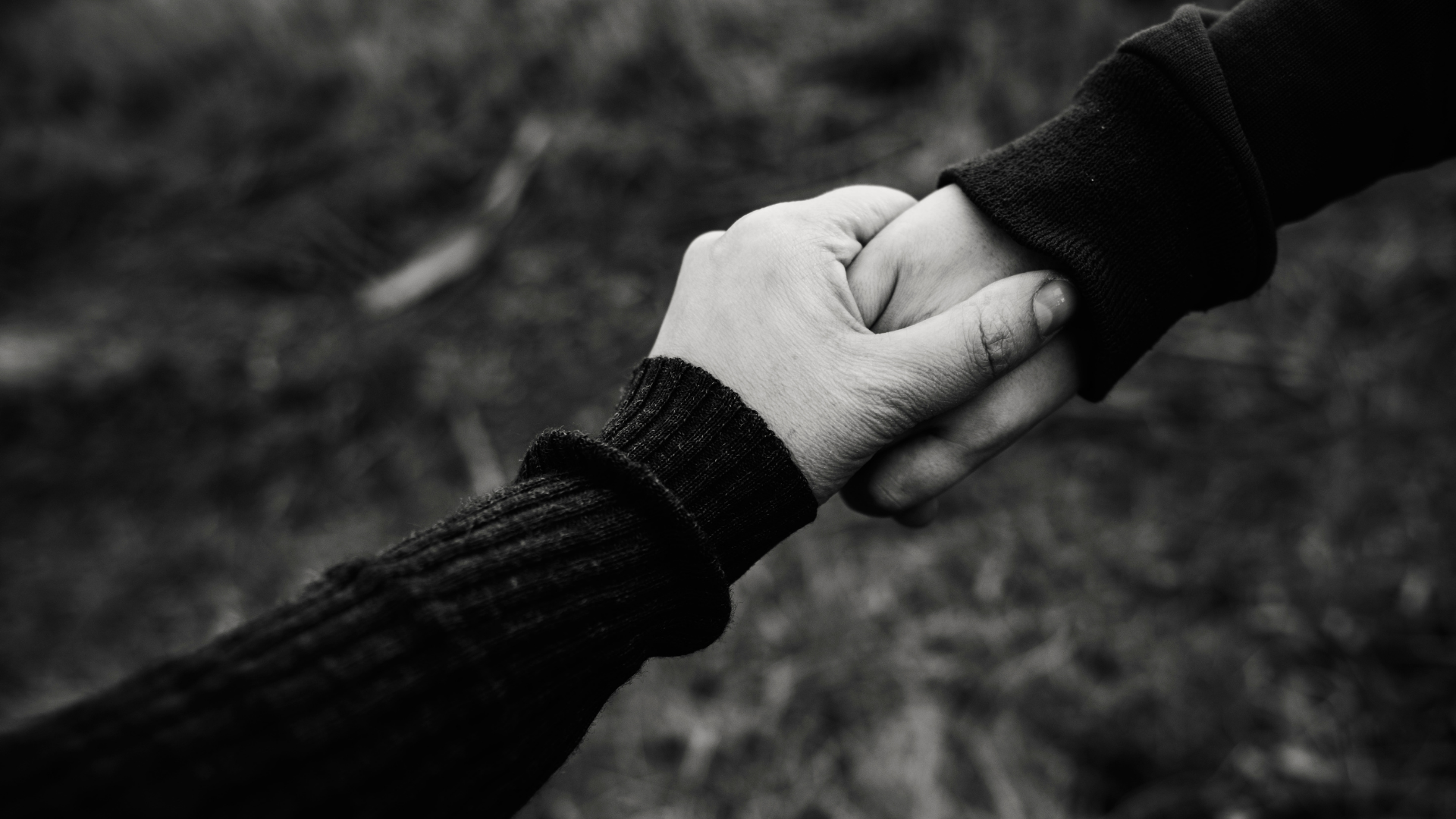
2020 just delivered another record-breaking week. The United States endured 181,000 cases of COVID-19 in one day. Minnesota’s numbers keep climbing, over 8,700 yesterday. We are witnessing more deaths, fewer ICU beds, and health care workers stretched thin. The same is true for our neighboring states. North Dakota’s health care system is nearly overwhelmed. And for the first time since the start of the pandemic, I have received daily reports from family members, friends, co-workers, and acquaintances who have been diagnosed with COVID-19 or need to quarantine due to exposure. Of the former, most are recovering in their homes; some are hospitalized; and a few are now in hospice.
Our collective anxiety is understandably high; and so is our reactivity. Collective reactivity comes in many forms: demonstrations against masks and stricter social guidelines; deepening fissures among different groups; the proliferation of conspiracy theories; a pervasive us vs. them mentality; toxic levels of self-righteousness accompanying such binary thinking (including by those who attempt to reject such dualism). While these dynamics exist on the national level, they seep down into our own families, communities of faith, and friendships. We feel the additional pain of this on top of the grief and trauma of the pandemic.
Last week I reflected on the beauty of shalom. Translated “peace” in English, this Hebrew word refers to communal wholeness and flourishing, collective health and wellbeing, and a social existence in which the needs of all matter to all. In shalom, love overcomes fear; mercy melts away guilt; and, serenity stills every storm. The beleaguered are strengthened by kindness; the banished are welcomed back with compassion; the shamed are met with dignity and respect; and, those once rendered invisible are seen with delight.
Shalom: it’s God’s intention for all living things; it’s a gift that we share with one another; it’s a reality that we wait for and work toward. In the midst of our collective grief and anxiety, we can meditate on shalom. We can pray for the fullness of shalom in community. We can extend the blessing of shalom to others. We can act in ways congruent with shalom. One practical way to do this is by tending to needs, those of others and our own.
The idea of needs can evoke strong feelings. Too frequently, we judge ourselves for having needs and hold those whom we deem as “needy” at a distance or, conversely, bring them falsely near in paternalism. Needs, as I’m writing about them here, are qualities that contribute to the flourishing of life—things like honesty, trust, belonging, affection, physical safety, health, equality, freedom, hope, integrity, meaning, and mutual respect and understanding. When these qualities are more present than absent, our communities flourish. We experience a taste of shalom when these concrete needs are met in relationship.
Needs, understood in this way, are both universal (we share them in common) and particular (they have distinct meanings for different persons, groups, and cultures). This is why we ought not assume we know another’s needs. Instead we can remember their irreducible particularity. And at the same time, we can relate to people whom we perceive as different from us by seeking to understand and valuing their basic human needs. We can practice shalom by attentively listening to their needs and then considering how we might contribute to those needs. We can extend this kind of mindful and compassionate stance toward those whom we have never met but hear about on the news and in our social media feeds.
Honoring others’ basic humanity in this way doesn’t imply agreement. It certainly doesn’t mean that we dismiss harmful behavior, personal or collective, that negates the needs of the most vulnerable. Quite the opposite actually: we advocate fiercely for shalom, for the needs of all. And as we do so, we refuse to dehumanize those whose actions we perceive as egregiously wrong. A lack of mercy contradicts shalom, too.
It’s been a record-breaking year, and not in ways that we would hope or even imagine possible. As our collective grief, anxiety, and reactivity soar, the vision of shalom can help ground us and sustain us and reconnect us to one another. It can halt our tendency to deepen our chasms. In the absence of shalom, we might even find ways to meet one of our most profoundly unmet collective needs: the need to mourn our many complicated losses. From this comes healing, and that, too, is a quality of life in shalom.
*Theresa F. Latini, Ph.D. is the Executive Director of Mount Olivet Conference & Retreat Center and an ordained minister in the Presbyterian Church (USA)
Discover more from Mount Olivet Conference & Retreat Center
Subscribe to get the latest posts sent to your email.